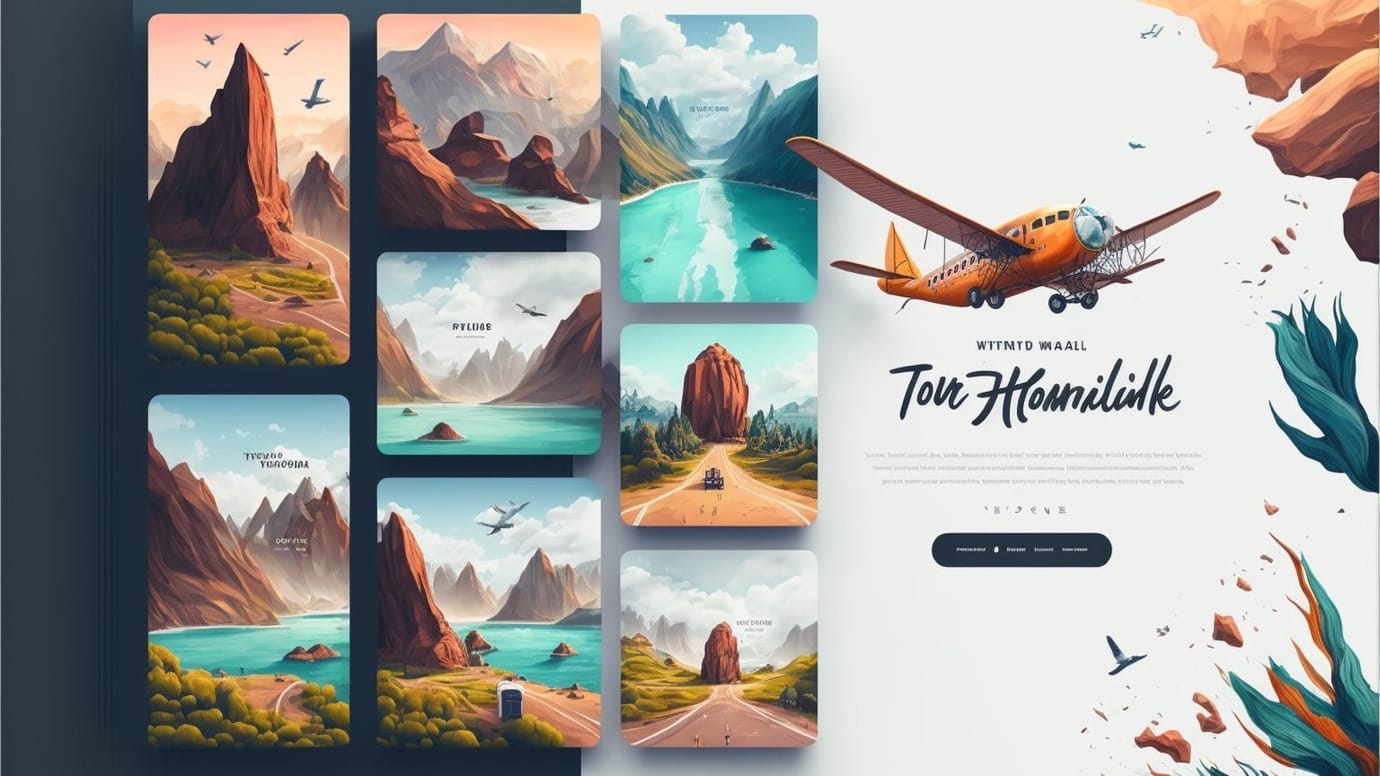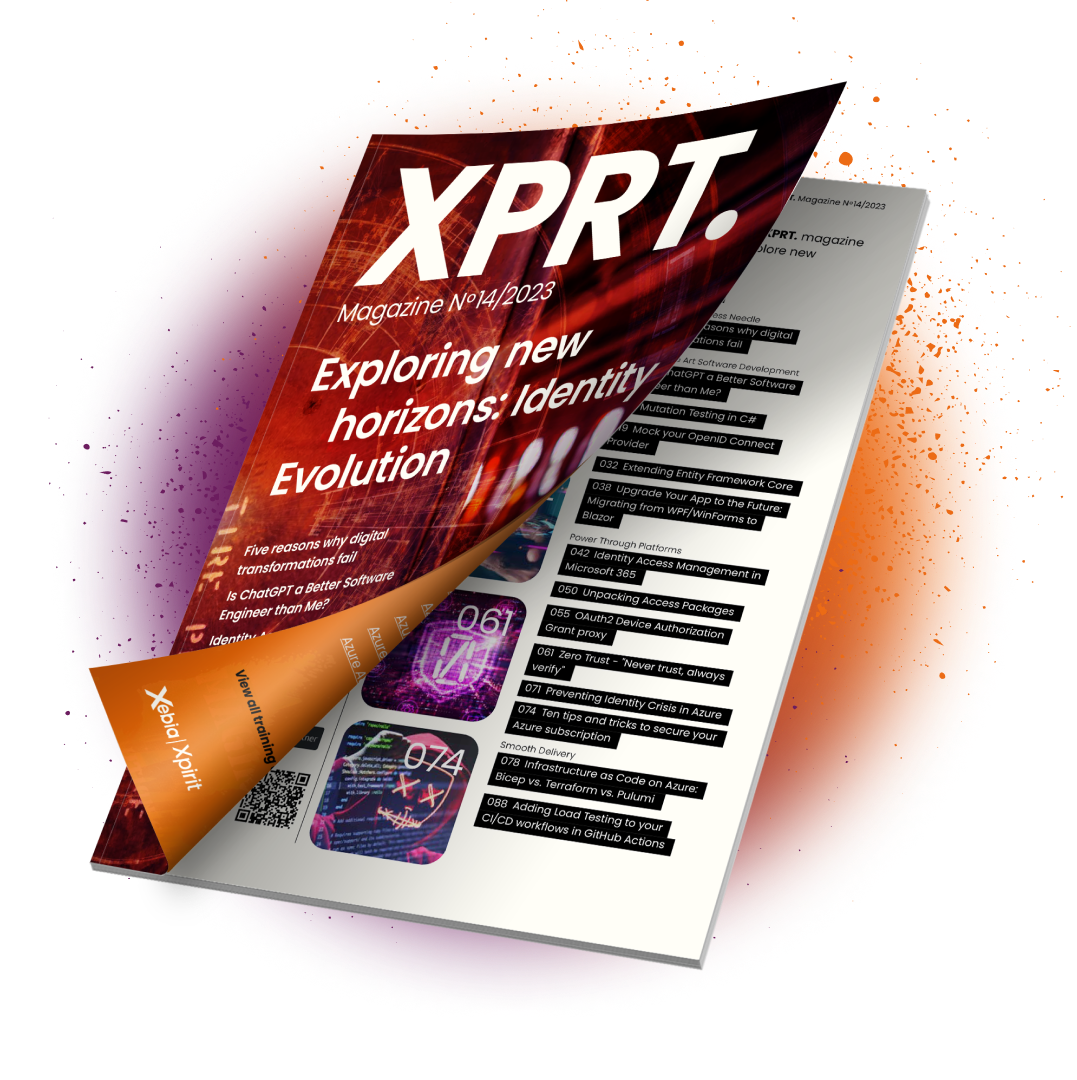When Alan Turing proposed the idea of a machine that could simulate any human intellect, he was met with raised eyebrows and skeptical chuckles. Fast-forward to today, and we find ourselves surrounded by a veritable army of digital masterminds that can do everything from ordering pizza to mastering the ancient game of Go. The question now is, will ChatGPT be the software engineer that steals our jobs or makes us better at them?
The March of AI Through History
The AI journey began with the notorious Turing Test, which postulated a machine that could imitate human conversation so accurately that it would be indistinguishable from the real thing. The quest for such a machine gained momentum during the Dartmouth research project in the 1950s, and today, we have five main types of AI: reasoning, natural language processing, knowledge representation, planning, and perception.
Up until now, most AI solutions excelled in one area of intelligence. But now we’ve arrived at the age of ChatGPT, the multifaceted wonder that combines reasoning, natural language processing, knowledge representation, planning, and perception.
ChatGPT: The Jack of All Trades
ChatGPT isn’t just your run-of-the-mill AI; it’s a Swiss Army knife of digital engineering. It can write application code, craft unit tests, and create pipelines to build and deploy it all. In fact, it even generates the infrastructure as code, leaving us mere mortals to wonder, "Is ChatGPT a better software engineer than me?"
Let’s have a look at certain strengths and weaknesses of ChatGPT.
Strengths:
- Inspiration: ChatGPT can generate new ideas, igniting creativity.
- Empowering: This AI boosts productivity, equipping developers to tackle complex tasks.
- Versatility: ChatGPT can wear many hats, from a programmer to a graphic designer.
Weaknesses:
- Dreaming: ChatGPT might generate unrealistic or infeasible ideas.
- Slow results: Sometimes, it takes a bit of time to receive useful outputs.
- Confidence and reasoning: ChatGPT can be confidently wrong and lacks human-like reasoning abilities.
- Biases: As with any AI, biases can seep in, affecting the quality of results.
- Rudeness: On occasion, ChatGPT might be unintentionally impolite.
Despite these weaknesses, the consensus is clear. It is a great tool to empower you as a developer. So, for now, the answer to the question "Is ChatGPT a better software engineer than me?" is that AI probably won’t replace you. However, if you don’t use AI tools, someone who does use AI will replace you.

/h1>Midjourney – /imagine running::3 overtaking::2 exponential increase –ar 16:9
We can position AI like pair programming with an "Experienced Expert Junior Developer". There is a lot of knowledge and information being generated for you, but you still need to connect the dots and know when it is right or wrong.
Ask ChatGPT, Skip Google: Streamlining Your Search for Answers
In today’s fast-paced digital world, information is just a few clicks away, and search engines like Google have long been the go-to resource for answering questions and seeking advice. Unlike traditional search engines, ChatGPT is designed to understand context, allowing users to ask questions and receive relevant, nuanced, and human-like responses. By engaging with ChatGPT, users can bypass the time-consuming process of sifting through search engine results, while benefiting from personalized and comprehensive assistance. So, the next time you find yourself in need of quick, reliable information, consider turning to ChatGPT.
Next, let’s explore how to become an AI powered developer.
Becoming an AI powered developer: the art of prompt building
To get the most out of ChatGPT, one must master the delicate art of prompt building. Just as an artist carefully selects their brushes, so must developers fine-tune their prompts to elicit the most useful and relevant responses from ChatGPT. An example of prompt building is as follows:
| I want you to act as … (job title, artist, role) I will … (give you x as input) and you will … (what AI must do) I want you to … (more context, limits) |
|---|
https://prompts.chat contains more than 500 prompts as examples.
Next, Let’s explore some AI tools that can elevate your coding prowess and ensure you stay ahead of the curve.
A Deeper Dive into AI Tools for the Modern Developer
GitHub CoPilot Chat
GitHub CoPilot X is an innovative, AI-powered code assistant designed to enhance the software development process. By offering context-aware code suggestions, this sophisticated tool allows you to expedite your coding tasks while simultaneously reducing errors. CoPilot X goes a step further by incorporating a ChatGPT-like experience within Visual Studio Code and all IntelliJ IDEs, ensuring developers receive relevant and context-specific answers to their questions.
Acting as a knowledgeable partner, CoPilot X provides invaluable assistance and guidance throughout every phase of the coding journey. Its seamless integration with popular development environments ensures that you have access to expert advice and support whenever you need it. In essence, GitHub CoPilot X is the ultimate coding companion, helping you navigate the complexities of software development with ease and efficiency, serves as an informed companion, expertly guiding you through each stage of the coding process.

Bing Browser with Chat AI
Bing has integrated AI-powered Chat into its browser, allowing you to ask questions, get coding assistance, and even troubleshoot issues. This smart feature can be a game-changer when you’re stuck on a coding problem or simply want to brainstorm ideas.
AI Commits
The "aicommits" command line tool is a handy utility that generates descriptive and informative commit messages for your code repositories using AI based on your staged changes. This tool ensures that your commit history is well-documented and easily understandable, making collaboration and code review a breeze.
By incorporating these AI tools into your workflow, you’ll not only enhance your productivity but also ensure you stay ahead in the ever-evolving world of software development. Remember, AI probably won’t replace you, but those who use AI tools effectively will have a competitive edge in the industry.
AI-Powered Image Generation Tools for Design Inspiration
Midjourney:
An AI-driven image generation platform, Midjourney helps designers create stunning visuals by generating unique images based on descriptions or keywords. It can give you inspiration for your UI designs, create logos, UI components or even complete landing pages.
These AI-powered tools can significantly enhance your coding and design capabilities, helping you stay competitive in the world of software engineering.

CoPilot for Office 365 products: A New Era of Productivity
Embracing AI’s potential extends beyond software engineering. With CoPilot for Office 365 products like Word, Excel, and PowerPoint, users can now experience an unprecedented level of productivity. This intelligent assistant offers real-time suggestions for text formatting, data analysis, and presentation design. In Word, CoPilot can help draft content, generate outlines, or even proofread your document. In Excel, it can suggest formulas, create charts, or analyze data trends. And in PowerPoint, CoPilot can recommend slide layouts, color schemes, and even provide ideas for impactful visuals. With CoPilot’s seamless integration into Office 365, you can now harness the power of AI to elevate your work across these essential productivity tools.
Conclusion
AI probably won’t replace you. However, if you don’t use AI tools, someone who does use AI will replace you. To stay competitive, adopt a mindset shift to asking ChatGPT for help, master prompt building, and equip yourself with AI-powered tools to become a more powerful productive developer.
Not convinced yet? This article was written by ChatGPT-4 with some extra help from Thijs & Geert. Want to know how? We’ve used the following prompt to generate 90% of this article:
Write a creative and humorous yet formal magazine article about Microsoft Technology, with the title “Is ChatGPT a better software engineer than me?” Discuss: AI history:
ChatGPT can write application code, and unit tests, but also pipelines to build and deploy it. And even it creates corresponding infrastructure as code. Strengths of ChatGPT like Inspiration, Empowering, Be any profession Weaknesses of ChatGPT: Dreaming, Slow results, Biases, Rude, sometimes confident wrong and it doesn’t have reasoning like humans do. The conclusion is that AI probably won’t replace you. However, if you don’t use AI tools, someone who does use AI will replace you. Becoming a better developer using AI and the mindset switch from Google to ChatGPT Importance of prompt building for ChatGPT AI tools to help with coding:
Image generation tools for creating inspiration for UI, Icon, and artwork:
AI applications: blogging, documentation, tutorials
|
|---|
This article is part of XPRT #14





